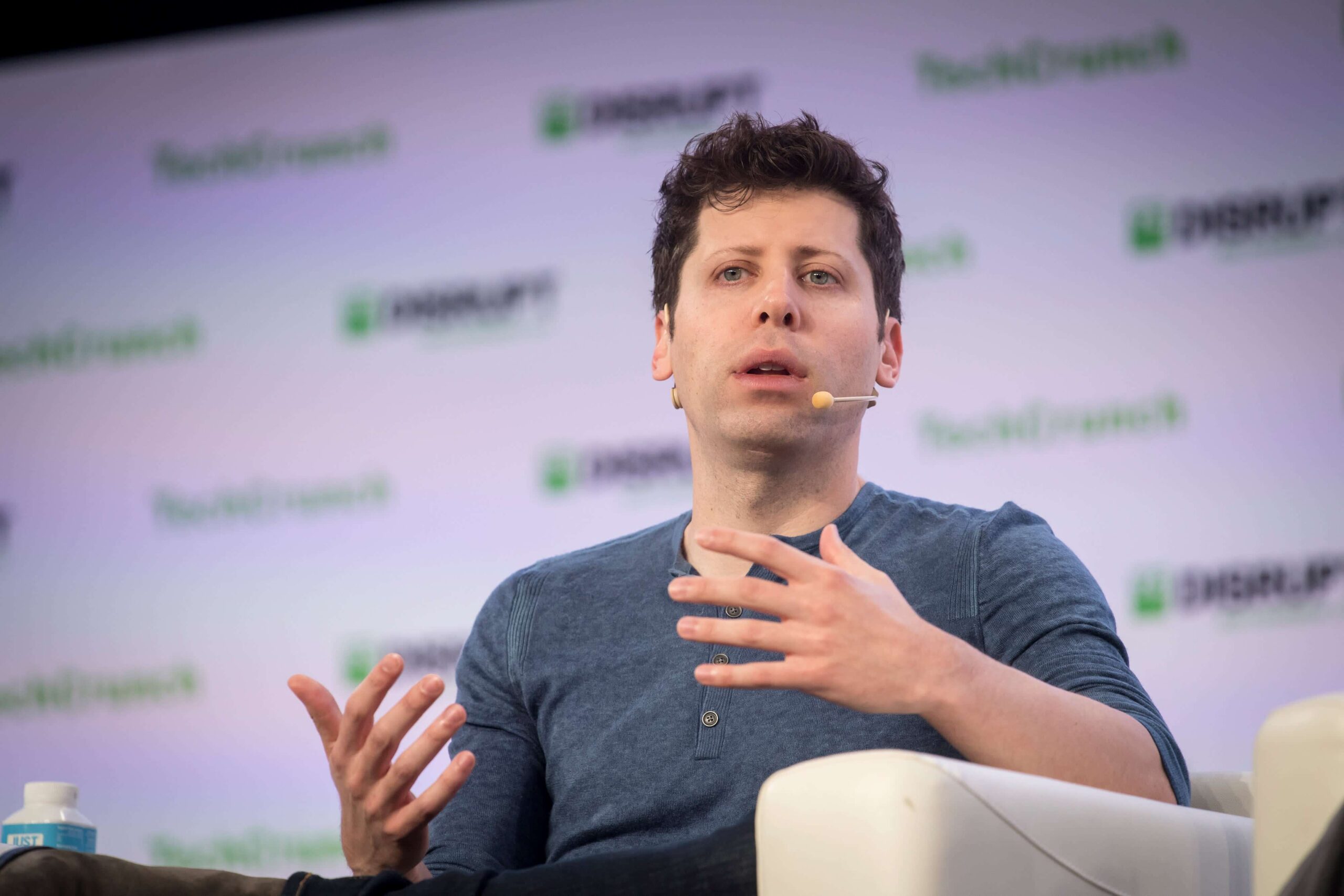CEO of the OpenAI corporation, Sam Altman, has issued a warning regarding the threat posed by artificial intelligence (AI).
The American businessman speaking in a televised interview on Thursday, claimed these AI threats are genuine and will transform civilization.
In order to prevent possible harmful effects on humanity, Altman, whose business created the popular AI chatbot ChatGPT, underlined the necessity for regulators and society to be actively involved in the technology.
He called attention to the rapid growth of AI technology which he said could lead to widespread misinformation campaigns.
“We’ve got to be careful here. I think people should be happy that we are a little bit scared of this. I’m particularly worried that these models could be used for large-scale disinformation. Now that they’re getting better at writing computer code, they could be used for offensive cyber-attacks,” Altman said.
Yet, he pointed out that despite any potential risks, AI technology may end up being the best thing that people have ever created. Once his business OpenAI launched the most recent iteration of its language AI model GPT-4, less than four months after the initial version was released and quickly became the fastest-growing consumer application in history, Altman began to warm up to the technology.
He claimed in an interview that even if the new version wasn’t perfect, it passed the US bar examinations with a score of 90% and nearly aced the SAT maths test for high school. In most programming languages, it could also write computer code. Additionally, he noted that the huge multimodal model’s expanded general knowledge and problem-solving skills enable it to resolve complex issues with greater precision.
Read also: Microsoft is adding OpenAI writing technology to Office
Elon Musk’s Concerns About AI
Elon Musk, CEO of Tesla and Twitter, has often warned about the risks associated with artificial intelligence in relation to other issues. Speaking at a tech conference in 2018, Elon Musk said that the development of superintelligence needs to be regulated and that AGI, or artificial general intelligence, is more hazardous than nuclear weapons.
Musk is concerned that as AI develops, humans won’t be able to control it securely.
In December of last year, Musk tweeted: “there is no regulatory oversight of AI, which is a major problem. I’ve been calling for AI safety regulation for over a decade!” He also expressed alarm over Microsoft’s decision to dissolve its ethics supervision group, which is responsible for hosting ChatGPT on its Bing search engine.
The voices cautioning against the potential risks of artificial intelligence have gotten louder as it spreads more quickly. The risks posed by artificial intelligence have long been a topic of discussion in the computer industry. Some of the major risks posed by AI have been identified as the automation of jobs, the proliferation of false information, and a deadly arms race in AI-powered weapons.
Using ChatGPT Will Remove Jobs
Sam Altman acknowledged that the ChatGPT could eliminate a large number of employments from the market. On Thursday, he said that he was a little bit terrified of the AI-powered chatbot in an interview with ABC News.
Since its late-year launch, ChatGPT has gained popularity among businesses. Microsoft, for example, has incorporated the model AI language into some of its services. This is due to the AI’s effectiveness in providing context for queries that is human-like.
The ChatGPT3 has gained widespread popularity thanks to its ability to complete challenging tests, write code, and write essays. Less than three months after its release, it has amassed more than 100 million users.
OpenAI announced the release of GPT4 earlier this week, claiming it demonstrates intelligence on par with that of humans. The company asserted that the updated version could more accurately tackle challenging situations, a fact that many users who have tried it attest to.
“GPT-4 is more creative and collaborative than ever before. It can generate, edit, and iterate with users on creative and technical writing tasks, such as composing songs, writing screenplays, or learning a user’s writing style,” the company said.
The increased efficiency of GPT4 has increased worries that ChatGPT would lead to a significant loss in employment.
According to him, AI will be the best technology humanity has yet created in terms of its impact on our lives, the potential for improvement, and upside.
According to OpenAI, GPT-4 surpasses ChatGPT by scoring in higher approximate percentiles among test-takers.
According to Altman, it can pass the bar test for lawyers and achieve a 5 on numerous AP examinations.
The executive from OpenAI is not the only one who has voiced concern over artificial intelligence’s potential. Elon Musk, the founder of OpenAI and CEO of Tesla and SpaceX, has warned that it is one of the greatest threats to civilization and has urged the government to intervene with regulation.
According to Altman, who also said that regulators and society should be involved in ChatGPT’s implementation, he has a regular touch with government representatives. The government’s engagement is believed to aid in addressing issues raised by its use.
Last month, the 37-year-old advocated for regulation in a number of tweets. He cautioned that humanity would need time to adapt to anything of this magnitude and that artificial intelligence may not be “that far from potentially scary” in the future.
